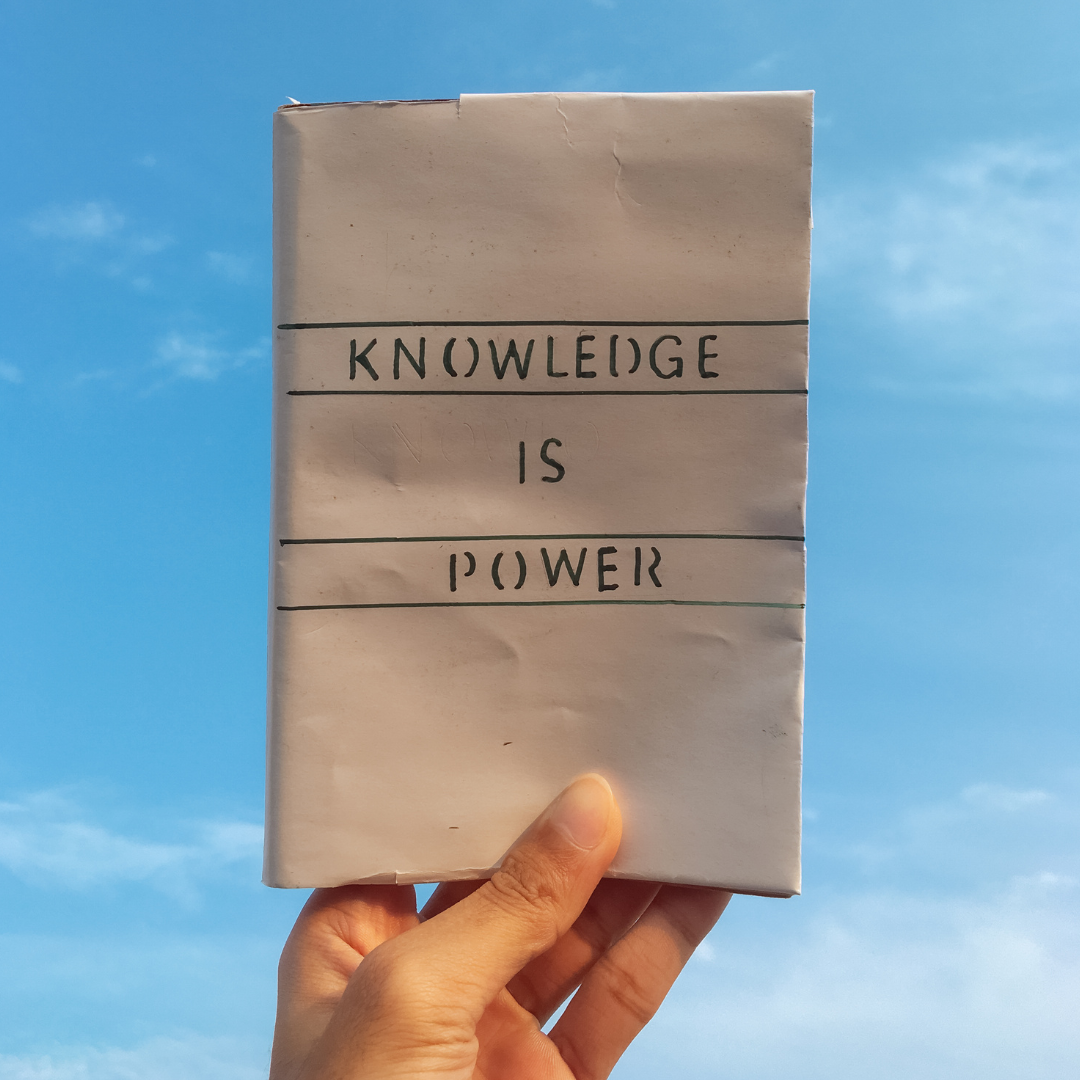
This essay appeared in the March 28, 2023, edition of Lancaster, PA’s LNP News
What Are We to Make of the Term “Woke”?
“Intellectual growth should commence at birth and cease only at death.”
Albert Einstein
It’s safe to say that we are living in an era of significant polarization. And a central theme or issue driving much of that polarization is swirling around the concept of “wokeness.”
In no way do I want to dismiss the intense feelings this term evokes from both sides of the political aisle. Clearly, the term has gained currency and attention as it has been applied to issues relating to our ongoing fraught public debates around racism, justice, and equity. And it is a debate that has accelerated and intensified on the heels of the racial unrest of the past few years.
What to make of it all?
Frankly, I am having a hard time understanding what the fuss is all about. This feeling was exacerbated after watching a recent interview with conservative writer Bethany Mandel, who has co-authored a new book titled “Stolen Youth: How Radicals are Erasing Innocence and Indoctrinating a Generation,” which critiques progressivism. During the interview, Mandel was asked to define “woke.”
Despite claiming that an entire chapter in the book was devoted to defining the term, she stumbled and mumbled, unable to provide a cogent definition. If a supposed “expert” on the subject cannot define it, what are the rest of us supposed to think it means?
Regardless, I remain baffled as to why this term and all that it implies has become such a “thing.” And why has “woke” fostered such heated debate and caused such widespread angst and division? Conservatives and the political right use it as a slur, while liberals and the political left consider it a badge of honor.
My impression from the public debate around the term is that it has come to represent not simply the desire to learn facts about social justice but implies a willingness to actively work on being more aware of and committed to addressing issues of diversity, equity, and inclusion.
When in doubt, particularly where language and words and their meanings are involved, you go to the primary source: the dictionary. According to Merriam-Webster, the definition of “woke” is to be “aware of and actively attentive to important facts and issues (especially issues of racial and social justice).”
Ishena Robinson of the NAACP Legal Defense Fund wrote on that organization’s website that the term “woke” has its “roots in the Black American vernacular.”
Indeed, she noted, the use of “woke” as an in-group signal urging Black people to be aware of the systems that harm and otherwise put us at a disadvantage is documented as far back as the 1920s. …To some, woke is now a derisive stand-in for diversity, inclusion, empathy, and yes, Blackness.” It has become a weapon to criticize those who want to accurately and fully teach this nation’s history and acknowledge its struggles with racism and discrimination.”
What I find puzzling is why those who have weaponized “woke” think so poorly of people. Apparently, they do not trust people to be smart and thoughtful enough to be exposed to truth, facts, and history and thus be able to decide for themselves as to what to think of that history. Do they believe that people are too fragile or immature to handle the truth? A better approach, it seems to me, would be to expose people to facts and truth and trust them to make their own judgments and decisions.
My questions are simple. What is so bad about being aware of and attentive to facts and issues about any subject, including racial justice? What is wrong with being curious regarding facts and truth? Isn’t that what life is about – being curious and learning about history and pertinent facts on a wide array of topics and, in the process, growing and evolving as a person?
I simply can’t get my head around why “being woke” has come to be a character trait that is to be vilified and criticized.
If being “woke” means that I am curious and want to learn and, in the process, grow as a more informed human being, please count me in. Being curious and wanting to learn more about our history and culture – regardless of where the facts may take me – is something I will embrace. And if I am curious about the history and impacts of race, justice, and equity and how we might, as a society, mitigate the negative impacts associated with those issues, by all means, call me “woke.”
I am OK with being “woke.”
How about you?
Dr. John R. Gerdy is the founder and executive director of Music For Everyone and author of the upcoming book “The Journey of an Old White Dude in the Age of Black Lives Matter: A Primer.”